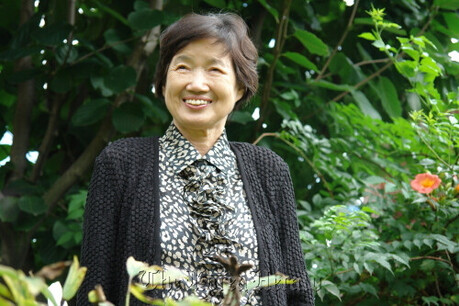
(C) SWITS
A major international study suggests that the more languages a person speaks, the slower their biological aging process, particularly benefiting brain function and cognitive abilities. The findings indicate that maintaining multilingualism throughout life may be a powerful secret to preserving brain health.
The research, published in the international academic journal Nature Aging, analyzed survey data from 86,149 middle-aged and older adults (aged 51 to 90) across 27 European countries. The results were striking: monolingual speakers were found to be at twice the risk of experiencing accelerated aging compared to their multilingual counterparts. Conversely, those who speak two or more languages had a risk that was only 54% of that of monolinguals.
Dose-Response Effect Confirmed
The study defined "accelerated aging" as having a biological age—determined by biomarkers and functional status—that is greater than one's chronological age, which significantly increases the risk of age-related diseases.
Crucially, the researchers confirmed a dose-response relationship, where the anti-aging effect increased with the number of languages a person was able to use. This positive correlation remained significant even after accounting for social, environmental, and political variables.
An Exercise for the Brain
Dr. Agustin Ibanez, a neuroscientist at Trinity College Dublin and a co-author of the paper, commented on the findings: "This is a strong signal that mental activity, such as using multiple languages in daily life, impacts the pace of biological aging."
Dr. Ibanez explained that the continuous switching between and use of several languages acts like "exercising various brain functions." The processes of managing attention, suppressing linguistic interference, and switching between language rules all work to strengthen the neural networks that typically weaken as people age.
Building Cognitive Reserve
Dr. Etu Ma’u, an associate professor of Psychological Medicine and dementia researcher at the University of Auckland (not involved in the study), supported the findings, noting that the research validates the long-held assumption that multilingualism keeps the brain more active and stimulated, thereby enhancing cognitive reserve.
"The ability to speak multiple languages seems to slow brain aging and improve cognitive reserve, with the effect increasing with the number of languages spoken," Dr. Ma'u told Radio New Zealand. He added that the brains of people who speak two or more languages appeared biologically younger by several years than their actual age. Monolinguals showed a higher brain age than bilinguals, and the effect was even more pronounced for those who spoke three or more languages.
Dr. Ma’u stressed that while dementia is the result of cumulative damage, building cognitive reserve and resilience is a lifelong process. He concluded that "it is never too late to learn a new language to stimulate your brain."
[Copyright (c) Global Economic Times. All Rights Reserved.]






























